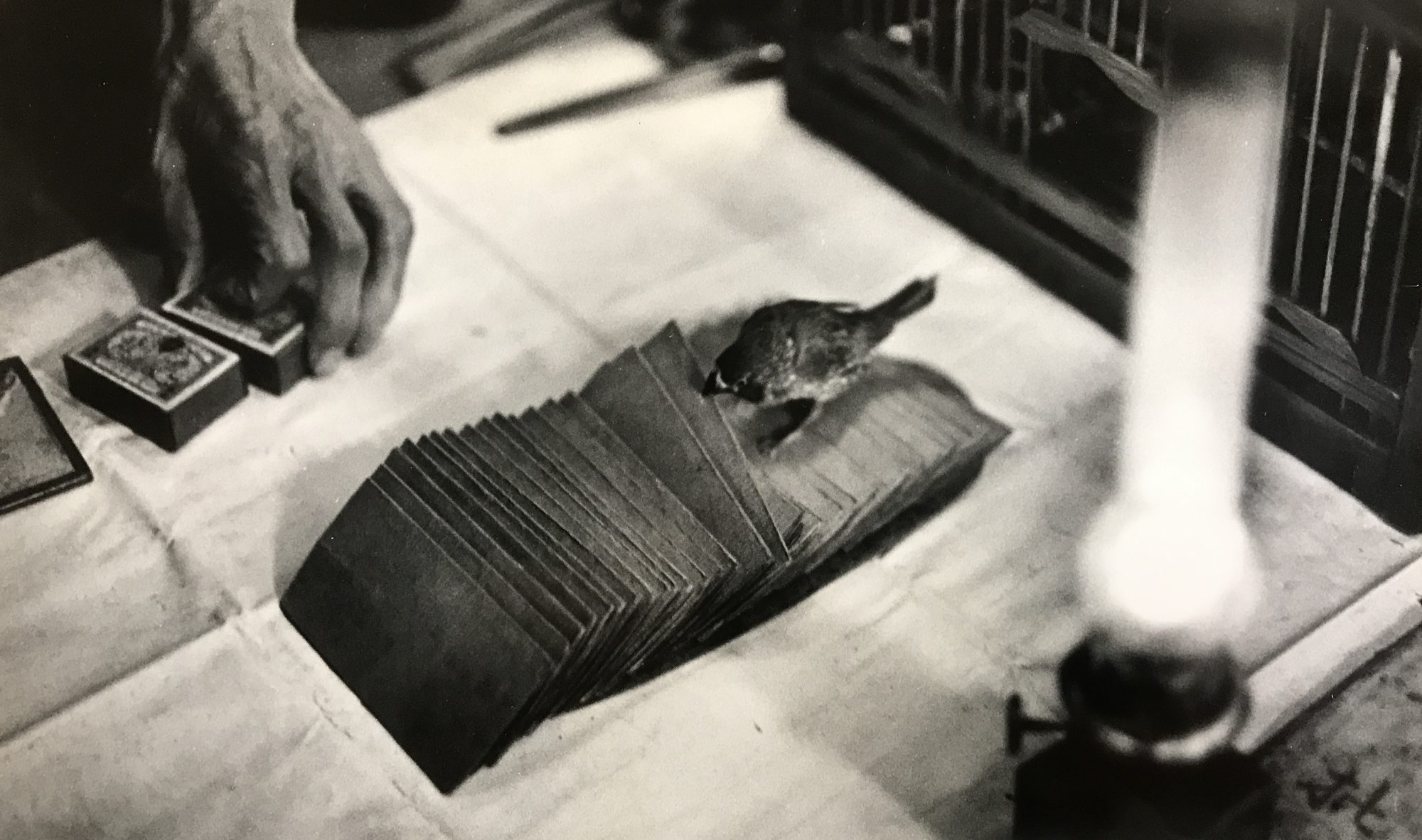My first book, The Invention of Madness (University of Chicago Press, 2018), looked at changing conceptions of madness in early twentieth-century China. It was shortlisted for the ICAS (International Convention of Asian Scholars) 2021 Book Prize.
I’m currently at work on two new projects.
Needled: How Acupuncture Became Alternative traces the process by which acupuncture traveled from China to the United States in the 1970s, gradually becoming integrated into American medicine as a legitimate, albeit “alternative,” therapy. Combining Asian studies with the history of medicine, it shows how race, politics, and capitalism intersected to alternatively marginalize or legitimize acupuncture practice.
Uncanny Beliefs: Superstition in Modern Chinese History is an edited volume (co-edited with Albert Wu, Academia Sinica) that explores how the concept of “superstition” came to achieve ideological and political power in twentieth-century China. It seeks to understand why superstitious practices have consistently been targeted for eradication by subsequent political regimes and how such practices have persisted into the present day.
My research has been supported by several grants and fellowships, including Fulbright-IIE, Fulbright Scholar, the National Endowment for the Humanities, the Social Sciences Research Council, the American Council of Learned Societies, the American Philosophical Society, a Jacob K. Javits Fellowship, and a UC Hellman grant.
